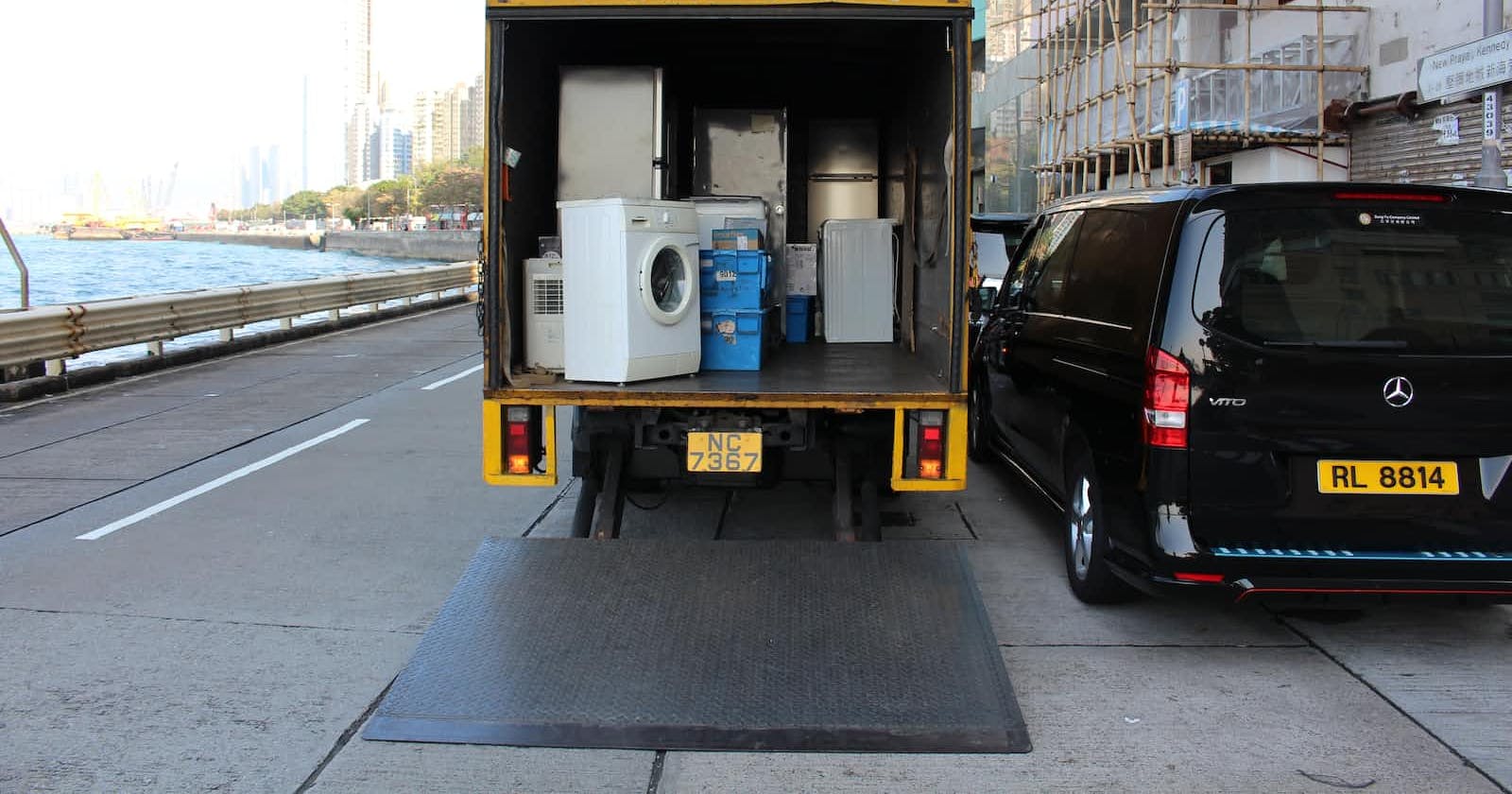Export CloudWatch Logs to S3 in File Format
You may want to compile all log streams within a specific log group into a single file for analysis or debugging purposes.
First, you need to create a bucket in the same region as the CloudWatch Log Group.
aws s3api create-bucket --bucket app-logs --create-bucket-configuration LocationConstraint=us-west-2
Next, you must modify the bucket policy to ensure the CloudWatch Log Exporter can write to it. Here is the policy document:
{
"Version": "2012-10-17",
"Statement": [
{
"Action": "s3:GetBucketAcl",
"Effect": "Allow",
"Resource": "arn:aws:s3:::app-logs",
"Principal": {
"Service": "logs.us-west-2.amazonaws.com"
}
},
{
"Action": "s3:PutObject",
"Effect": "Allow",
"Resource": "arn:aws:s3:::app-logs/*",
"Principal": {
"Service": "logs.us-west-2.amazonaws.com"
}
}
]
}
Use the following command to apply the policy to the bucket.
aws s3api put-bucket-policy --bucket app-logs --policy file://policy.json
Next, initiate an export job that will transfer all log streams from a specific log group into the previously created S3 bucket. You also need to specify the range in Unix timestamp format.
aws logs create-export-task --task-name "app-logs-group-1" \
--log-group-name "prod/app-logs" \
--from 1704045600000 --to 1704132000 \
--destination "app-logs" --destination-prefix "prefix1"
The command above will produce a task ID. You can query the task ID to check whether the export job has been completed.
aws logs describe-export-tasks --task-id d6f1d52c-2783-4145-9668-4f5cc5579f41
Once complete, you can simply download the bucket content to your local machine and analyze it.
aws s3 sync s3://app-logs ./logs


